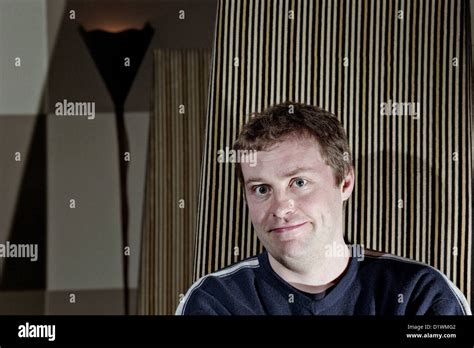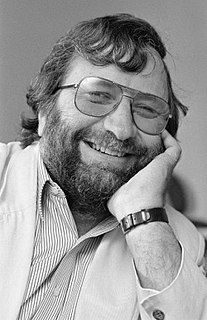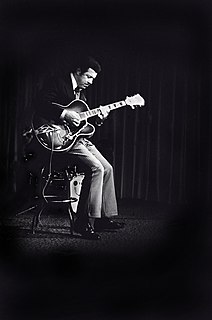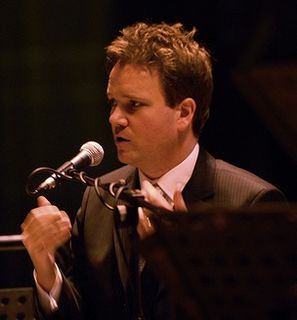A Quote by Ardal O'Hanlon
I think there is a very strong sense of Irish identity, and I think partly that's to do with the fact that we have evolved differently from Britain and other countries in Europe.
Related Quotes
'A Naval History of Britain' which begins in the 7th century has to explain what it means by Britain. My meaning is simply the British Isles as a whole, but not any particular nation or state or our own day... 'Britain' is not a perfect word for this purpose, but 'Britain and Ireland' would be both cumbersome and misleading, implying an equality of treatment which is not possible. Ireland and the Irish figure often in this book, but Irish naval history, in the sense of the history of Irish fleets, is largely a history of what might have been rather than what actually happened.
All over the world today people have a very strong desire to find a sense of identity, and at the same time that's coupled with the rise of absolutely absurd wars that relate to ethnic identity. Perhaps there is something deeply ingrained in people that relates to a sense of belonging, and without that, identity doesn't seem as real as it should.
My background is Protestant so I benefited from the great Bible teaching that was provided there... I did love the more culturally classical things, like Irish music, which I think is some of the most congregational-style music when you think of... 'St. Patrick's Breastplate' (and) 'Danny Boy.' These are traditional Irish melodies. I think being brought up there (Ireland) gave me a sense of melody that is very attuned to congregational singing.
The identity of just one thing, the "clash of civilization" view that you're a Muslim or a Hindu or a Buddhist or a Christian, I think that's such a limited way of seeing humanity, and schools have the opportunity to bring out the fact that we have hundreds of identities. We have our national identity. We have our cultural identity, linguistic identity, religious identity. Yes, cultural identity, professional identity, all kinds of ways.
There can be no halfway house, where Britain continues to be out of Europe in name but is still run by Europe. There can be no halfway house when it comes to rule-taking and law-making from the E.U., and there is an overwhelming sense of frustration that Britain is being taken advantage of by the E.U.

































